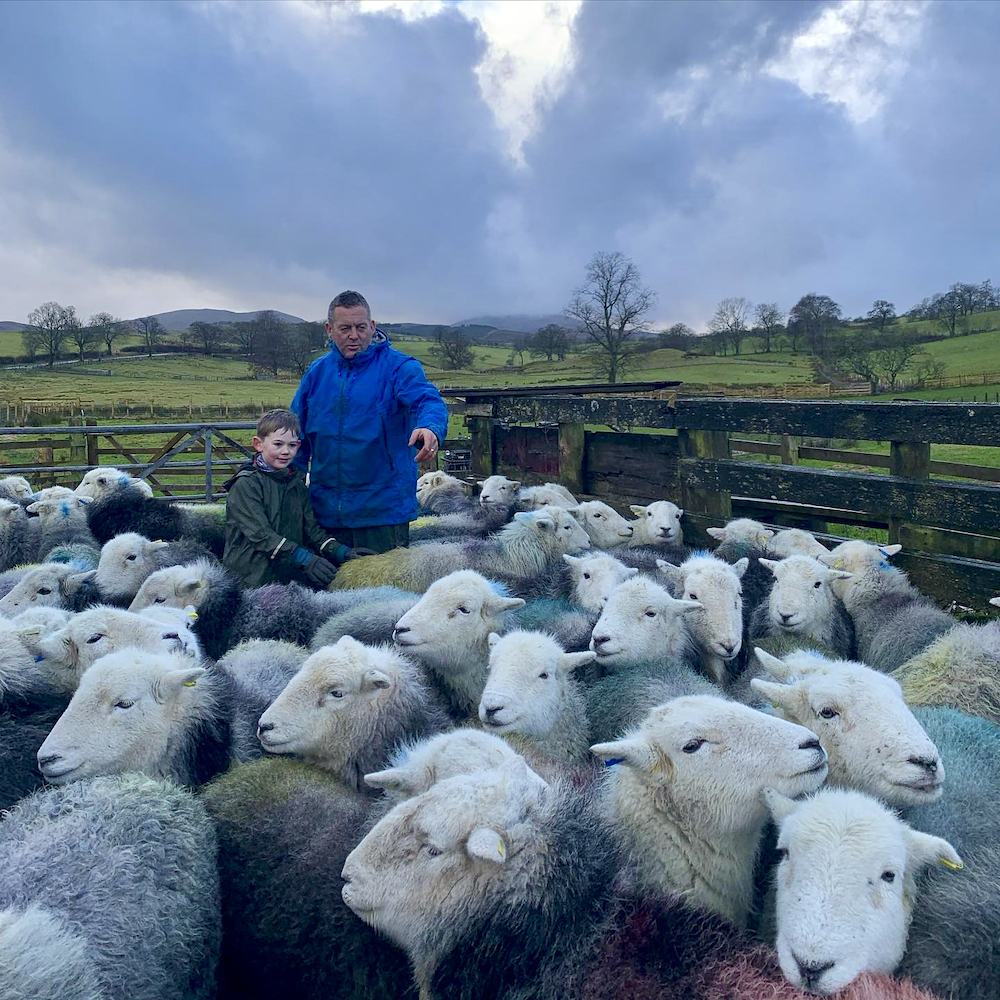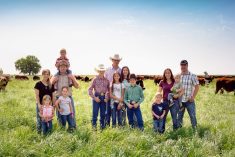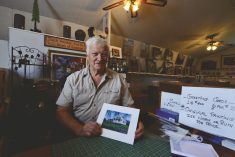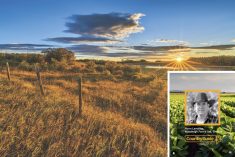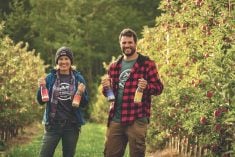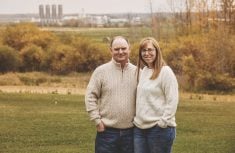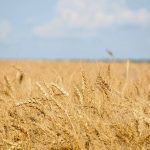Glacier FarmMedia – James Rebanks is proud of his farming heritage — in fact, he wrote a best-selling novel featuring traditional farming practices in the U.K. But he wants to do better.
Rebanks is from the Lake District of the U.K., an area popular with tourists because of the rolling mountains inset with sapphire-blue lakes. The Rebanks family has been farming here for at least 600 years. Today they farm 700 to 800 acres, in the valleys between the mountains, raising sheep and cattle.
“We’re very fiercely traditional, proud farming families that did things the way they’ve been done for a very, very long time. And that was who we were. That’s what I grew up being,” Rebanks says, speaking at the Western Canada Conference on Soil Health and Grazing in Edmonton in December.
Read Also

How scientists are using DNA and climate data to breed crops of the future
A method for forecasting how crops will perform in different environments so that plant breeders can quickly select the best parents for new, climate-resilient varieties.
“We’ve realized, maybe we’re not managing the land as well as we should be.”
Novel sparks rethink
In 2015, Rebanks published his first book, The Shepherd’s Life. This novel outlines the farming practices traditionally done in the Lake District, as well as Rebanks’s own life and upbringing. However, at the core of the novel is a consistent message — pride for the traditional way things have always been done in the Lake District.
The response he received from farmers in his area and across the world for the book was huge, with the book becoming a New York Times bestseller, neighbours coming up to Rebanks and letting him know they appreciated him telling their story.
“But the more I read, the more I learned, the more I saw things, the more farms I went to, I went, ‘Oh, I just wrote a book telling everybody how great our traditions were,’” Rebanks says. “We need to do some other new stuff as well.”
Rebanks wasn’t done farming, and the way he would farm and his pride in traditions would change with time.
After reading books about farming and watching YouTube videos from regenerative producers such as Greg Judy, who is well known for his videos helping teach people how to improve the soil on their land, Rebanks realized things were done far differently where he was.
“That sort of question marks a mountain in my mind — hang on a minute, this is not what we do. Does that apply here?” he says.

One of the things Rebanks has incorporated into their operation is rotational grazing, using approximately 21-day rotations.
Another thing Rebanks did, which he initially expressed skepticism for, was trampling. Livestock trample 70 to 80 per cent of the grass so that it covers the soil — and so that, when it decomposes, all of the biomass and nutrients will go back into the soil. Once he saw the payoff, he never went back.
“The regrowth a month later, the health of that field is better than anything I’ve ever seen before,” he says. “I went into the house to my wife, and I said, ‘Oh my God, everything I have been taught and everything I think I know, might be wrong.’”
After he extended rest periods on his pastures and increased cover on the soil, Rebanks noticed all sorts of wildlife returning to the area, including birds and insects.
Pastoral song
After reading more about soil management and different farming practices, Rebanks embraced the idea that there could be a different, and better, way to do things.
“I was proud of what we were and where we came from. And I still have that — I just have a slightly more complicated understanding of it.”
His second book, published in 2021, is Pastoral Song, a book that examines how the old ways of farming were detrimental to the soil and the land, and how regenerative practices could bring it back to its former glory.
And though this is a topic Rebanks has grown passionate about since he took over the family farm, he knew it would also be controversial in a place where people hold tightly to traditions. He was worried about how skeptical people might be about it.
“I live in this really beautiful national park. It’s not a wilderness national park like in North America. It’s farmed, dry stone walls, all that stuff. British people love what that is. So if I suddenly decided I want to farm it different, and it might look different, that’s an awkward conversation,” Rebanks says.
“I care about that stuff, too. I don’t fundamentally want to change the beautiful character of that landscape. I just want to graze better and I want to think about biodiversity.”
Despite all of this, Rebanks says the novel isn’t negative — instead, it has a positive tone on the future of the industry.
“It’s an optimistic book. It’s really about what a family farm can be. And what all these people here, these hundreds of ranchers can do, is they go home, they can change, they can learn.”
Ag in the world
Now, Rebanks travels the world telling his story.
Though his operation and story take place in the U.K., Rebanks says the lessons he’s learned while researching how to improve his farm and grazing habits can be beneficial to any producer, anywhere.
“What we really need to work out is how to mend land practically. If we don’t know exactly how the bacteria and the microbes are doing that, that’s not the end of the world,” he says.
“Are we making it better? Are we mending watersheds? Are we looking after the woodland around our farms properly?”
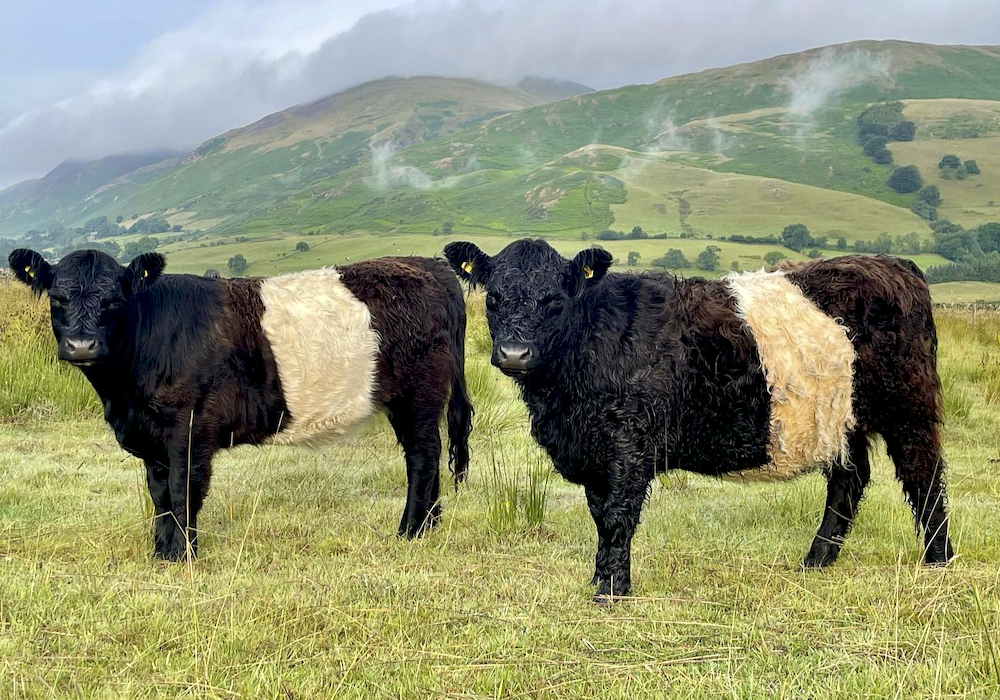
Even though the farming systems in the U.K. and Canada are very different, Rebanks says there are things to learn from either. Often, the issues in one place are very similar to the issues in another, which means producers from all over the world can learn from each other, no matter where they’re based.
“We’re just brothers and sisters,” Rebanks says. “That is the same everywhere. Biology is the same everywhere, our soil’s the same everywhere. Cows are pretty much the same everywhere. We just need to learn from each other.”
The Farmer’s Wife
Rebanks isn’t the only one writing books in his family. His wife, Helen Rebanks, has a book titled The Farmer’s Wife, slated for publication in August of 2023.
This is a different type of story, though — one that sheds light on the role a homemaker plays in the operation. Faber, the publisher of the book, calls it “an honest and intimate mediation on the power of domestic life.”
James Rebanks is the first to praise his wife for all she does, and to highlight the importance of women in the future of agriculture — in whatever roles they choose.
“We’re going into this complicated world where we need a lot of different perspectives. We need a lot of different kinds of farmers trying a lot of different things because out of that mix will come the future.”
He wants to give his daughters the tools and opportunities to pursue agriculture or carry on the family farm after him.
The future
Currently, Rebanks is writing another book and plans to continue writing books that highlight his passion for the industry.
His goal isn’t to educate farmers on how to be more regenerative. Instead, he wants to spread the message of the importance of farming in our world, and how farmers from across the globe are connected.
“I fundamentally believe in farmers and ranchers and their ability to make the world better,” he says.
– Melissa Bezan is a reporter for Canadian Cattlemen magazine. Her article appeared in the April 2023 issue.


